Compatible vs genuine ink cartridges: Is compatible ink as good as original?
Make sure you buy the right kind of ink cartridge for your printer


Sign up today and you will receive a free copy of our Future Focus 2025 report - the leading guidance on AI, cybersecurity and other IT challenges as per 700+ senior executives
You are now subscribed
Your newsletter sign-up was successful
If you’ve recently been looking to buy a new printer cartridge, you might have found yourself scratching your head in confusion at the different types on offer.
One of the most important decisions for you to make is whether you want to invest in a compatible or genuine ink cartridge.
There’s no need to fret, however, as we’re here to help and explain the differences between compatible and genuine ink and help you choose which best fits your needs.
Compatible vs genuine cartridges
The difference between compatible and genuine ink all comes down to the cartridges the ink is provided to consumers in.
You have genuine, or original, cartridges provided by the same brand that manufactured your business printer, and these tend to be on the more expensive side. These are sometimes called OEM, Original Equipment Manufacturer, which simply means that the producer of the cartridge also made the printer.
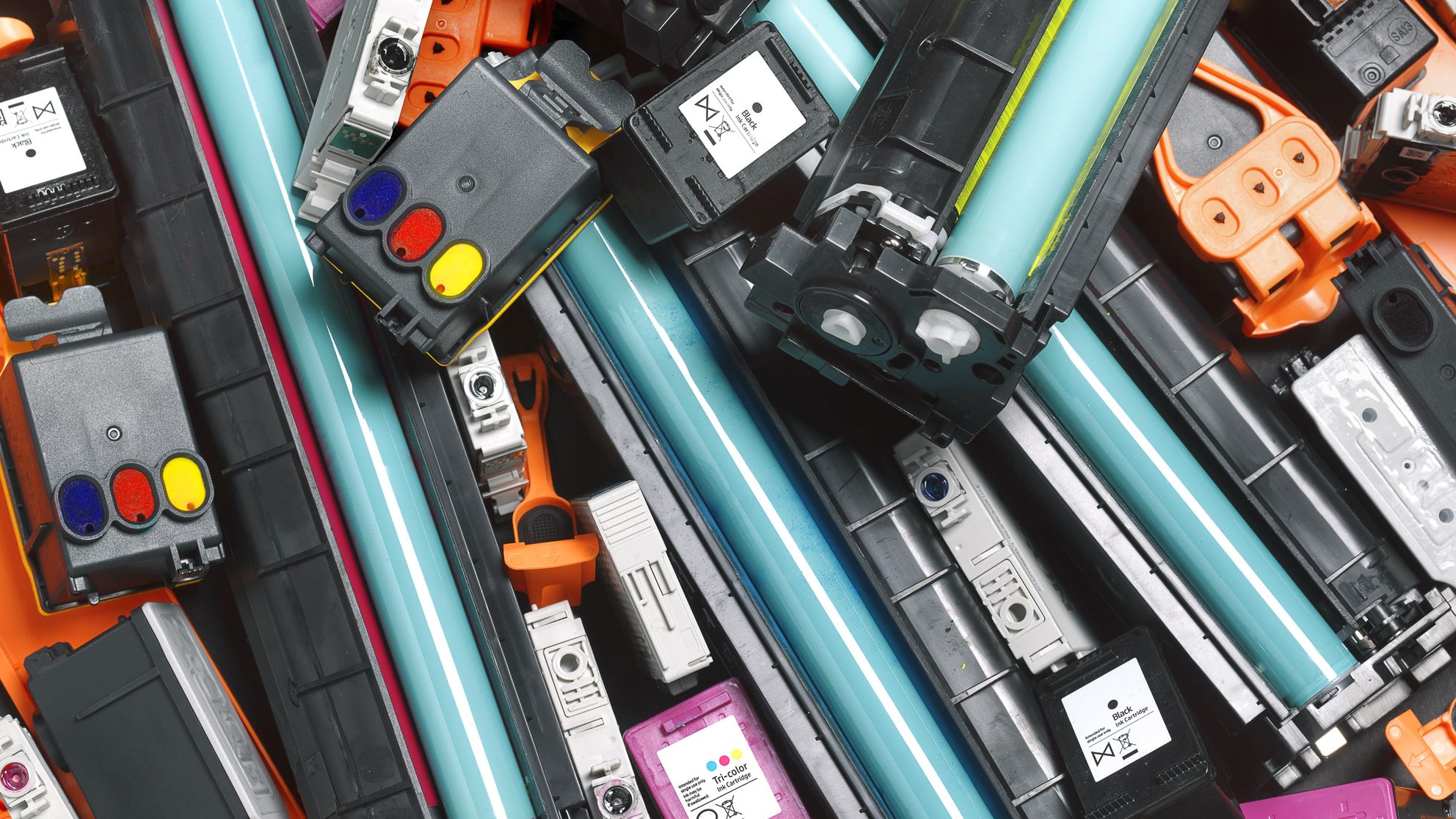
As you might have guessed, compatible cartridges are provided by a third party company. They should fit your printer, as long as you select the right one, and may be slightly cheaper to buy.
When you boil it down, it’s the difference between buying an HP cartridge manufactured by HP for your HP printer, or buying a printer cartridge from a different company for your HP printer.
Sign up today and you will receive a free copy of our Future Focus 2025 report - the leading guidance on AI, cybersecurity and other IT challenges as per 700+ senior executives
Is compatible ink as good as original ink?
As long as you buy your compatible cartridges from a reputable source, they should be just as valid as genuine cartridges. The only difference between them is whether or not the company that made the printer made the cartridge.
Genuine cartridges are where a manufacturer can make more of a profit. Since manufacturers invested so much into research and development of their products, they need to somehow make their money back.
Compatible cartridges makers, on the other hand, don’t have the same research and development costs on the line. This means they can charge lower prices.
Do compatible ink cartridges damage printers?
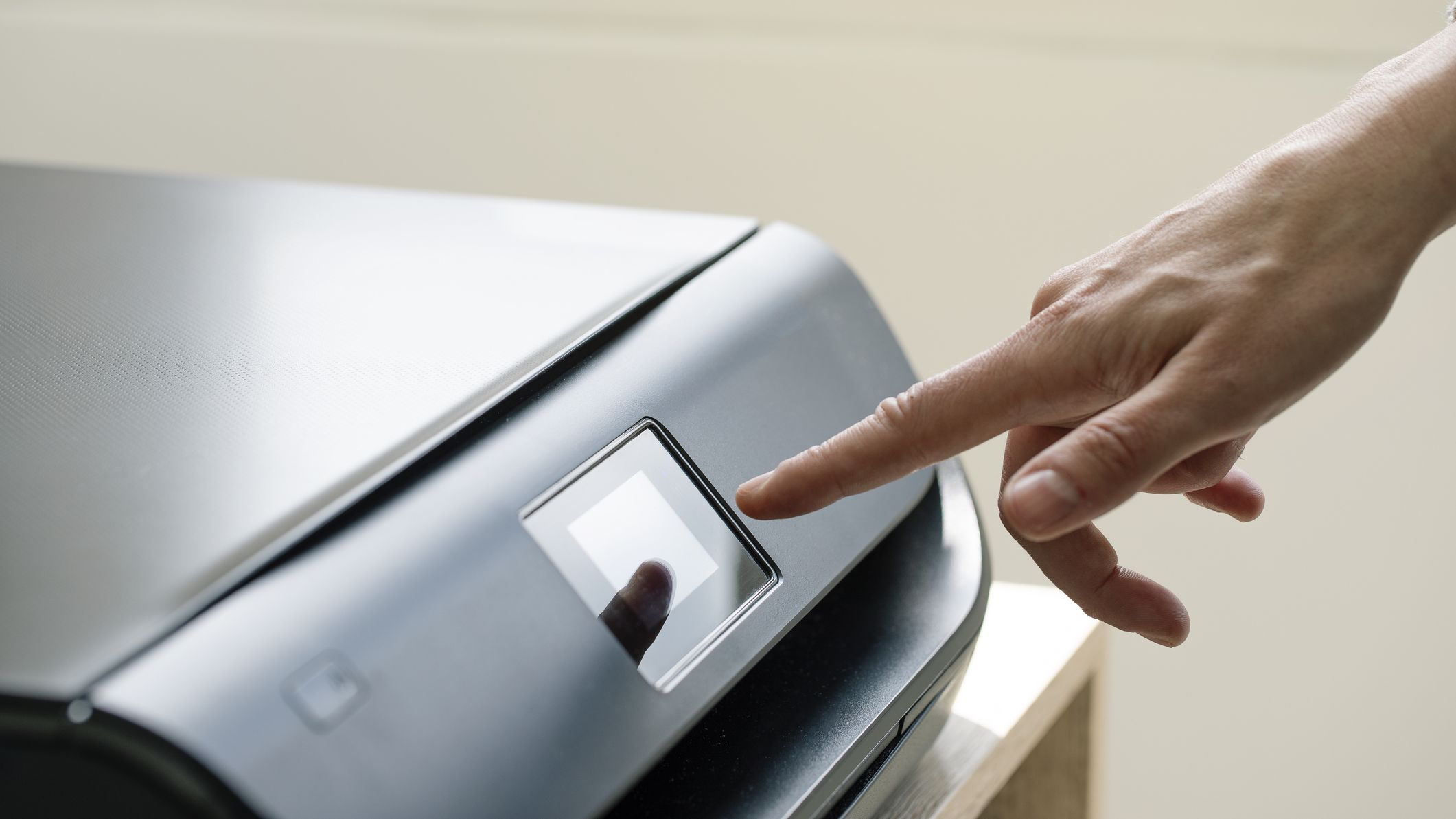
In short, no, compatible ink cartridges do not damage printers. However, there seems to be a myth that they do, which is why some people continue to buy the cartridges straight from their printer’s manufacturer.
RELATED RESOURCE

Modernise and thrive with Device-as-a-Service
Improving end-user experience through modernisation
Despite this, you might want to be wary if the price of a compatible cartridge seems too good to be true. Only buy from reputable sources, otherwise you might find yourself purchasing a low-quality compatible cartridge that may affect your printer due to its shoddy quality. Stick to good quality cartridges and your printer will be fine.
Some users may be worried that using a compatible cartridge may affect your printer’s warranty. Usually, using a cartridge of this nature shouldn’t affect your warranty but to be on the safe side, check your printer’s terms and conditions.
It’s always worth checking what kind of cartridges a printer accepts before buying it. Some manufacturers have prevented their customers from using compatible cartridges by inserting chips into their original cartridges. Their printer only accepts these cartridges and doesn’t recognise compatible ones, locking users into the manufacturer’s cartridges and ink.
For example, in January Canon announced it would sell chip-free cartridges to help customers using its products as the company tried to deal with the global chip shortage. It said that the chips communicate information like toner level, to confirm the toner is a genuine Canon product. The company released instructions on workarounds to bypass DRM warnings and how to install the new chip-less cartridges.
Zach Marzouk is a former ITPro, CloudPro, and ChannelPro staff writer, covering topics like security, privacy, worker rights, and startups, primarily in the Asia Pacific and the US regions. Zach joined ITPro in 2017 where he was introduced to the world of B2B technology as a junior staff writer, before he returned to Argentina in 2018, working in communications and as a copywriter. In 2021, he made his way back to ITPro as a staff writer during the pandemic, before joining the world of freelance in 2022.
-
 Anthropic researchers warn AI could 'inhibit skills formation' for developers
Anthropic researchers warn AI could 'inhibit skills formation' for developersNews A research paper from Anthropic suggests we need to be careful deploying AI to avoid losing critical skills
-
 CultureAI’s new partner program targets AI governance gains for resellers
CultureAI’s new partner program targets AI governance gains for resellersNews The new partner framework aims to help resellers turn AI governance gaps into scalable services revenue
-
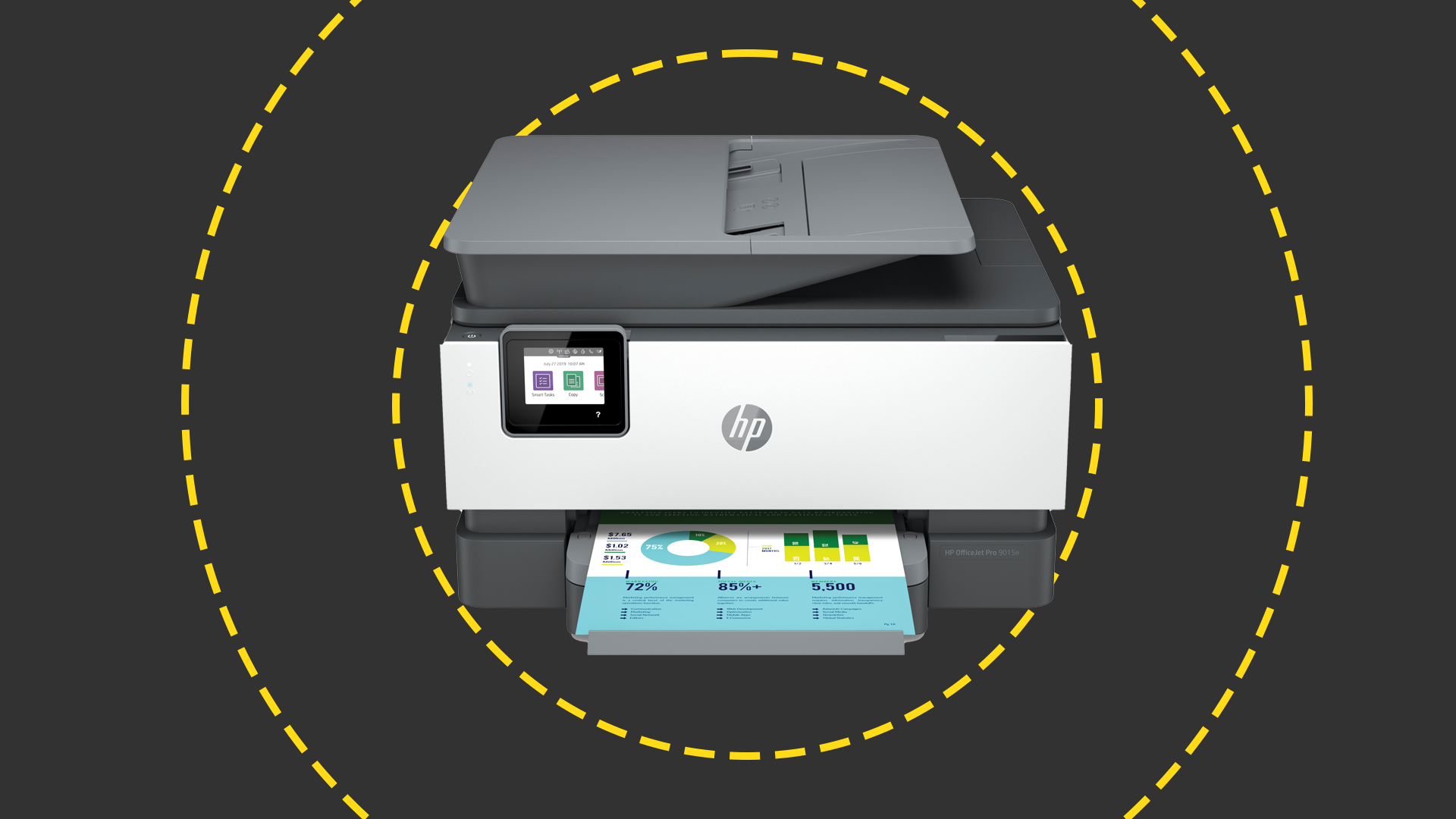 HP OfficeJet Pro 9010e review: An MFP that's unlikely to ever fall short
HP OfficeJet Pro 9010e review: An MFP that's unlikely to ever fall shortReviews Great print quality, nippy speeds, and flexible ink choices show that HP can still make excellent MFPs
-
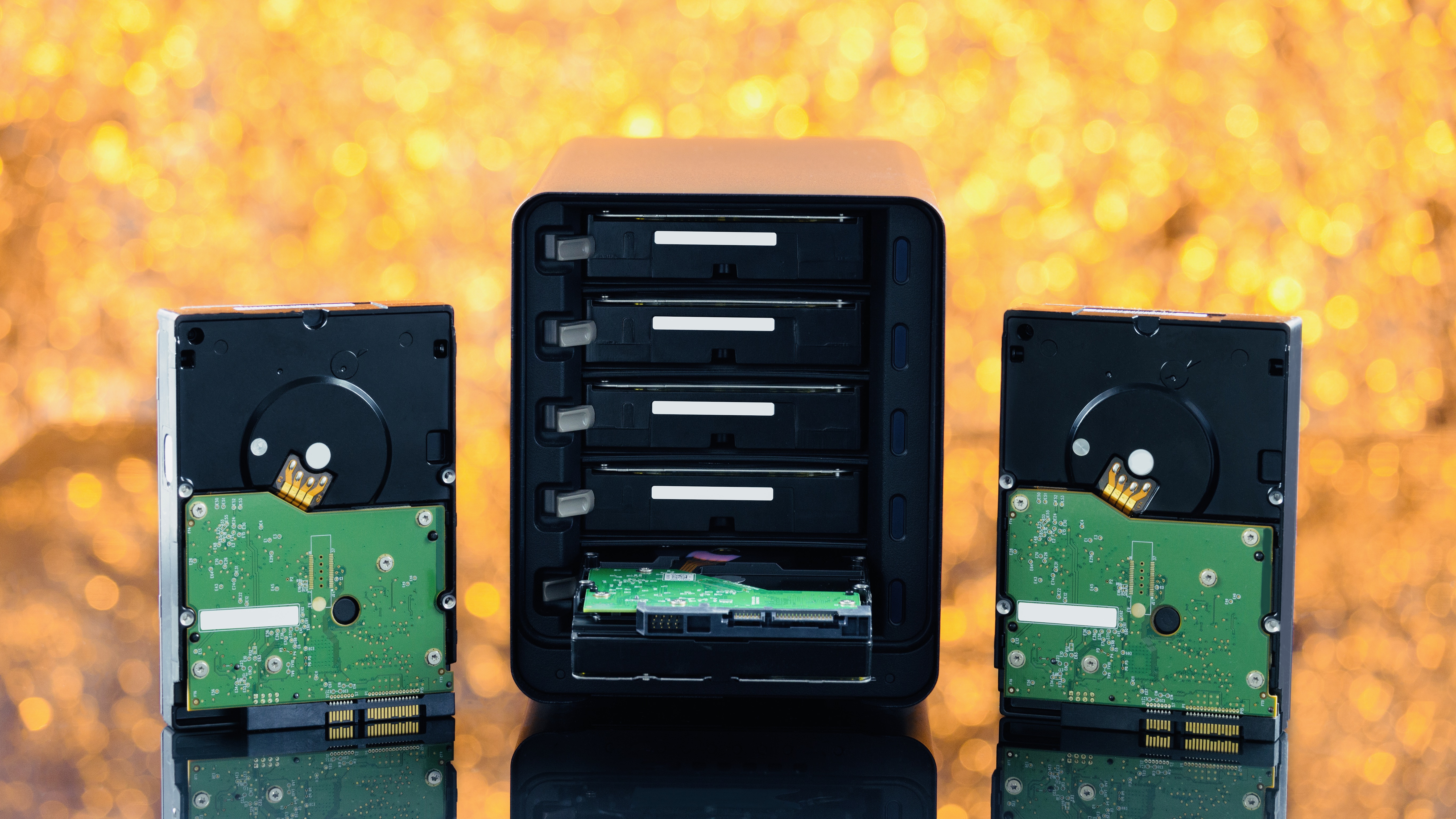 Replace your NAS device before you find a problem – don’t wait for things to go wrong
Replace your NAS device before you find a problem – don’t wait for things to go wrongOpinion After years of excellent service, retiring a Synology NAS server saw a drastic improvement in speed and functionality
-
 PCI consortium implies Nvidia at fault for its melting cables
PCI consortium implies Nvidia at fault for its melting cablesNews Nvidia said the issues were caused by user error but the PCI-SIG pointed to possible design flaws
-
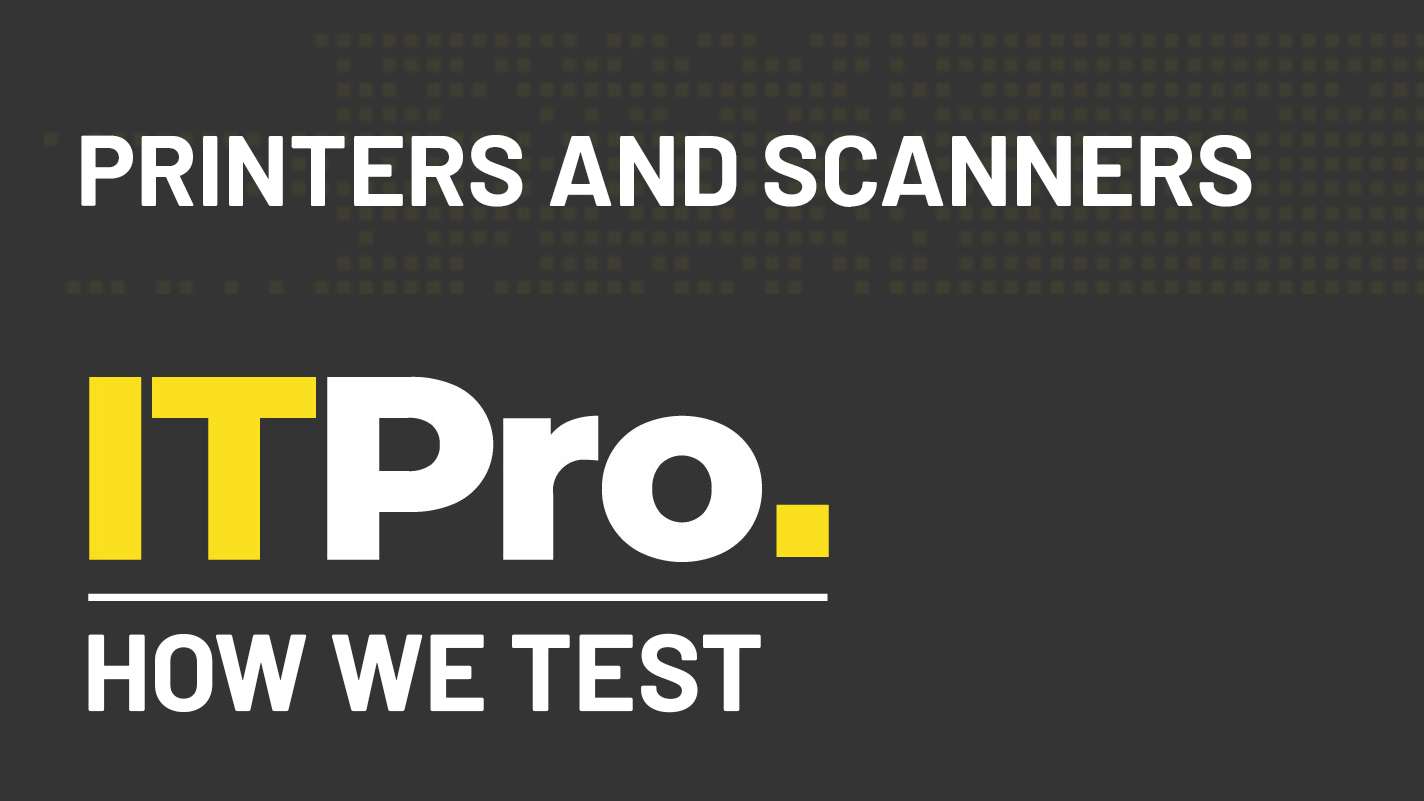 How we test printers and scanners
How we test printers and scannersReviews Everything you need to know about our benchmarking process for print devices
-
 Best digital copiers
Best digital copiersBest Below you can find our pick of the best digital copiers
-
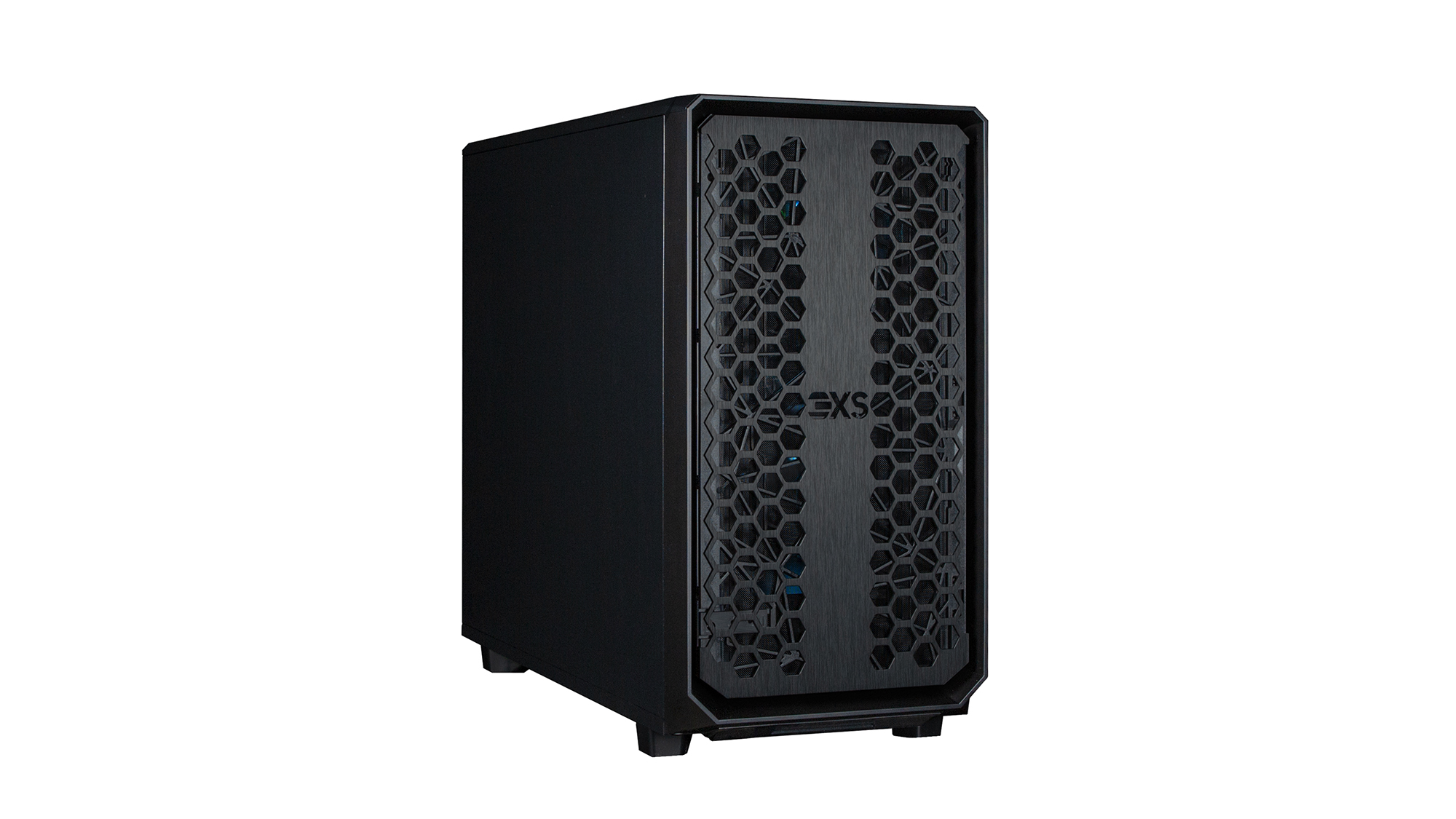
 Scan 3XS GWP-ME A124C review: An Intel-powered workhorse that holds its own
Scan 3XS GWP-ME A124C review: An Intel-powered workhorse that holds its ownReviews A brilliant content-creation showcase for Intel’s 12th-gen Core i9 and Nvidia’s Quadro RTX A4500 graphics
-
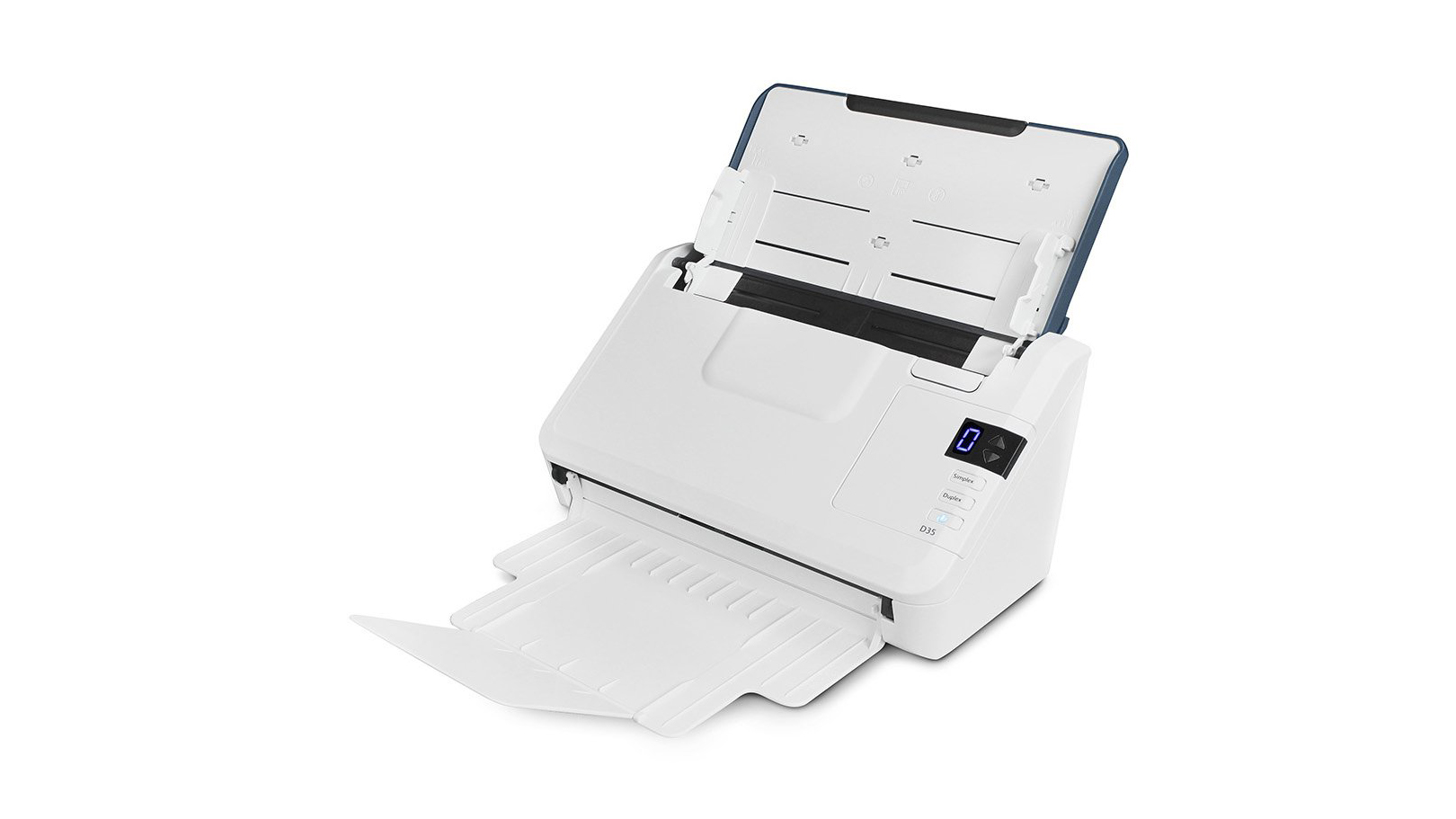
 Xerox D35 Scanner review: A great choice for heavy workloads
Xerox D35 Scanner review: A great choice for heavy workloadsReviews A budget USB scanner offering good speeds, a great range of apps and clever networking capabilities
-
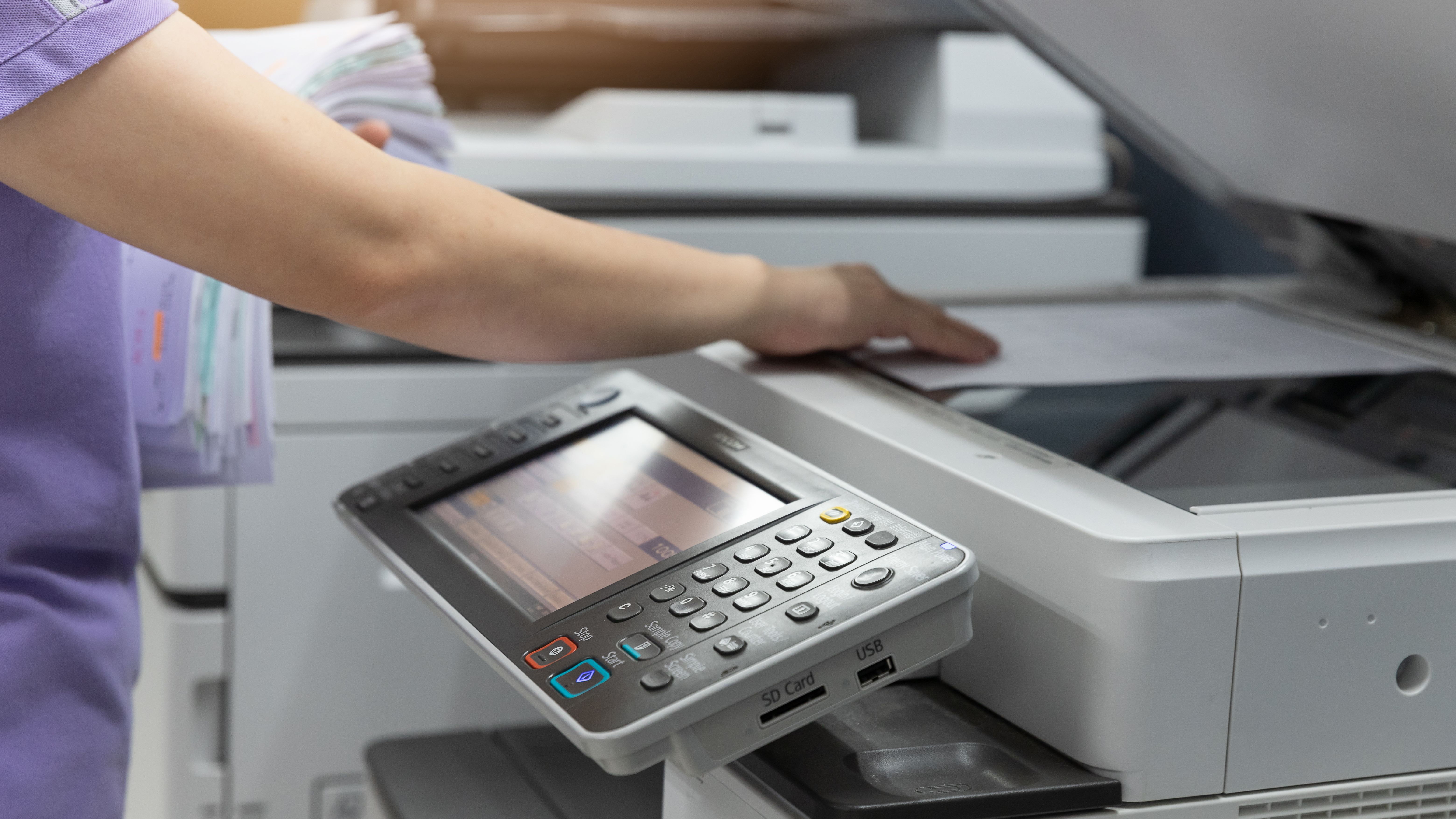 How do laser printers work?
How do laser printers work?In-depth If you’re scratching your head wondering how laser printers work, then we’ve got all the answers here
